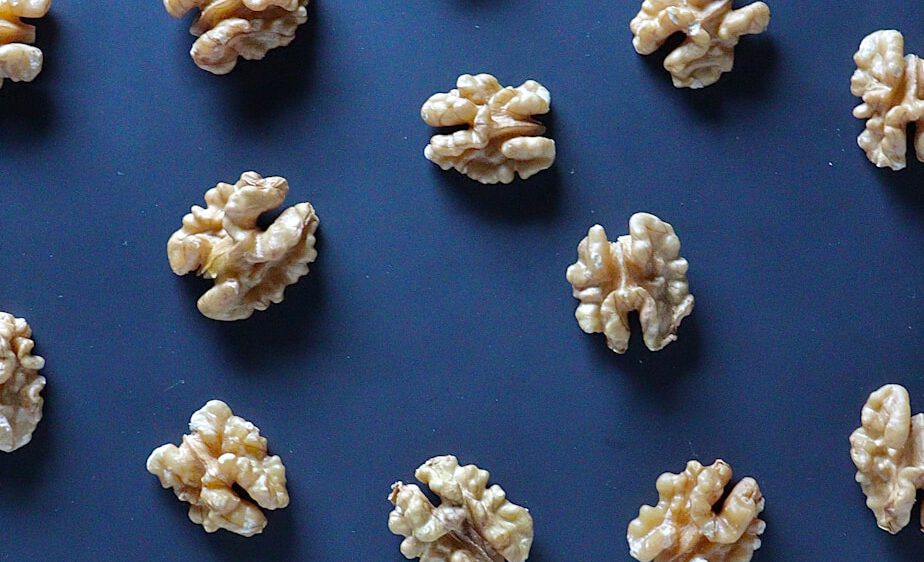Neuronal pathways are the fundamental circuits in our brain that allow the transmission and processing of information between neurons (nerve cells). These connections are the basis of our thoughts, memories, skills, and behaviors. Neuronal pathways are not fixed; they constantly change and adapt through a process known as „neuroplasticity.“ This ability of the brain to rewire itself in response to new information and experiences is heavily influenced by lifestyle choices, including diet.
What Exactly Are Neuronal Pathways?
The brain consists of billions of neurons that communicate with each other through synapses – the junctions between neurons. Every time we learn a new skill, make a decision, or develop a habit, new neuronal connections are formed or existing ones are strengthened. This strengthening process is called „long-term potentiation,“ while the weakening of unused connections is known as „long-term depression.“
Strong, well-functioning neuronal pathways allow us to think, learn, and react efficiently. They are the foundation of our cognitive abilities, emotional responses, and overall well-being. The amazing part? These pathways are malleable and can be reshaped through conscious choices, including what we eat.
How Nutrition Influences Neuronal Pathways
A healthy, balanced diet can have a profound impact on brain health and the efficiency of our neuronal pathways. The nutrients we consume provide the building blocks our brain needs to form, maintain, and enhance neuronal connections. Below are some key ways in which diet supports the neuroplasticity of our brain:
- Promoting Neurogenesis
Neurogenesis refers to the creation of new neurons. Certain foods, like fatty fish rich in omega-3 fatty acids, promote neurogenesis and help grow new neuronal connections. Omega-3s have anti-inflammatory properties and support the production of neurotransmitters essential for memory and mood regulation. - Protecting Against Oxidative Stress
Free radicals can damage neurons and impair neuronal pathway function. Antioxidants found in fruits, vegetables, and nuts protect the brain from oxidative stress. Vitamin E, abundant in almonds and sunflower seeds, plays a particularly important role by protecting neurons from harmful damage. - Supporting Synaptic Plasticity
Certain nutrients enhance synaptic plasticity – the ability of synapses to change and adapt. Flavonoids, found in berries and green tea, are known to improve communication between neurons, enhancing memory function and cognitive abilities. - Improving Brain Blood Flow
Good blood circulation is crucial for supplying the brain with oxygen and nutrients. Foods like beets and leafy greens increase blood flow to the brain, which positively impacts concentration and learning.
Building Positive Neuronal Pathways for Health Success
By choosing a conscious, nutrient-rich diet, we can not only improve our physical health but also boost our mental well-being. A diet rich in essential nutrients helps build and reinforce positive neuronal pathways, making our brain more resilient to stress, capable of learning, and emotionally balanced.
- Better Mindfulness and Decision-Making
A diet high in healthy fats, vitamins, and minerals not only enhances memory but also improves our ability to make conscious decisions. By reinforcing positive neuronal pathways, we can adopt healthy habits that contribute to long-term success. - Improved Stress Management
Certain nutrients, such as magnesium and B vitamins, are known to reduce stress and promote emotional balance. By focusing on foods rich in these nutrients, we support the creation of neuronal pathways that help us handle stress more effectively. - Boosting Mental Health
Depression and anxiety are often linked to impaired neuronal communication. A diet that provides the brain with omega-3 fatty acids, vitamin D, and other mood-enhancing nutrients can help strengthen neural connections that foster emotional stability.
Conclusion
Our neuronal pathways are a dynamic system that continuously changes and adapts. Through mindful, natural nutrition, we can positively influence this process and create new pathways that support not only cognitive performance but also emotional and physical health. By focusing on nutrients that nourish and strengthen the brain, we can set ourselves on a path to greater success, well-being, and a healthier, longer life.


